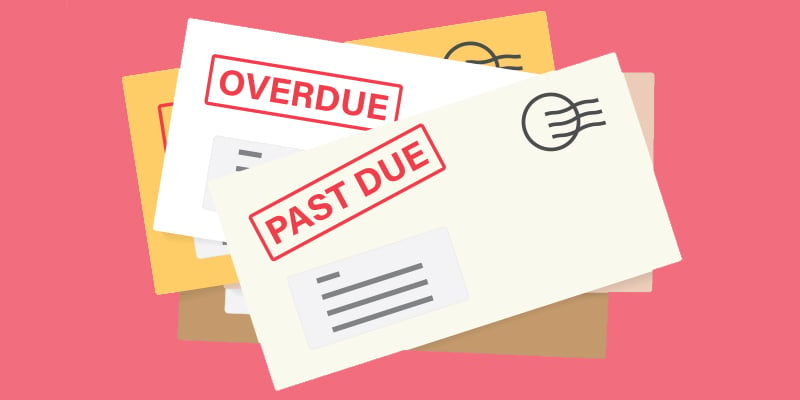
If you're asking the question, you're likely dealing with a scenario of non-payment from a client and would like to avoid litigation. Simply put, a demand letter (or more than one!) is sent to your clients to inform them of your intention to collect what is owed to you. The letters are typically sent in conjunction with other first-party collection efforts before escalating the account.
Read more to learn more about collections demand letters.
Why Use a Demand Letter?
If your business needs to escalate beyond first-party collections, such as including a third-party debt collections agency or legal action, a demand letter provides proof of your prior attempts to resolve the matter. In fact, one of the most important pieces of documentation that is required during B2B debt collections is a demand letter or other important notes that show that you did follow up and attempt to collect from the client. When the case escalates to legal action, the letter also proves that you initially wanted to resolve the issue without litigation.
See also: What to Do When You're Ready to Sue
What Information Is Included in Demand Letters?
When writing a demand letter, it's important to be clear about your intentions and expectations from your client. The following information is important to include:
- Your business name, address, phone number, and contact person
- A description of the goods or services provided, including date(s)
- A copy of the invoice (if available)
- A description of prior attempts to collect
- Due date or when payment should be made
- Payment options, including which types of payments are acceptable
Demand letters should also be sent via certified mail with a return receipt requested, especially if email letters have gone unresolved. Be sure to keep copies of the letters before they're sent. Again, the reason for the letters is to have proof that you've tried to collect.
What Should be the Tone of the Demand Letter?
More than anything, it's important for your client to understand that you're serious about collecting what they owe you. But that doesn't mean that you have to be threatening or rude. Clear, concise, informative, and factual is the best tone for collection demand letters. Being polite and friendly is a great place to start.
Instead of assuming that your client is not paying you on purpose, give them the benefit of the doubt. The invoice could have been misplaced or overlooked, or they may have questions that need resolving first. After a phone call, a demand letter is a great way to prompt your clients to get you paid.




